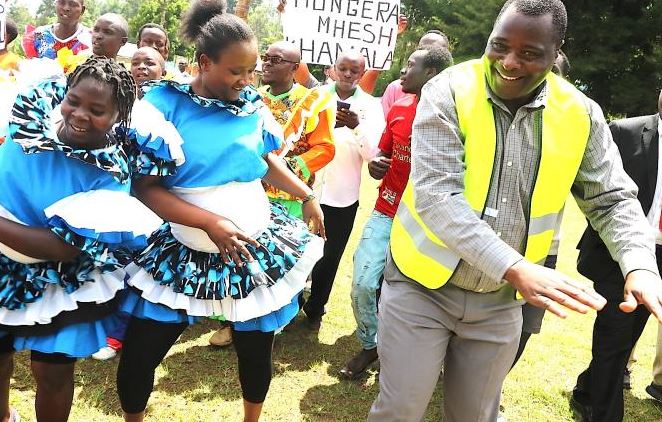×
The Standard e-Paper
Smart Minds Choose Us

School heads report that Covid-19 scare is no longer an issue among learners, who only follow protocols when a teacher is nearby.
Primary and secondary school heads have exposed the overwhelming task of enforcing the Covid-19 protocols, as it emerged that learners have largely dropped their guard.